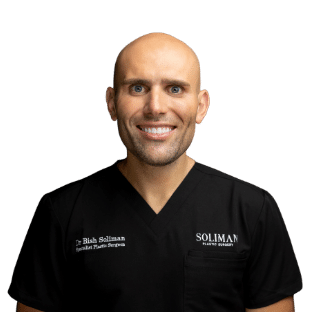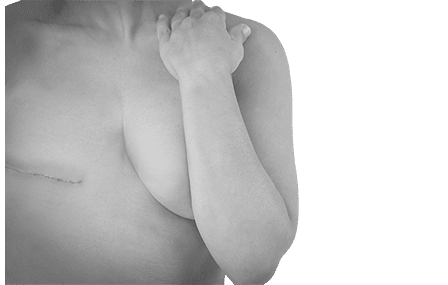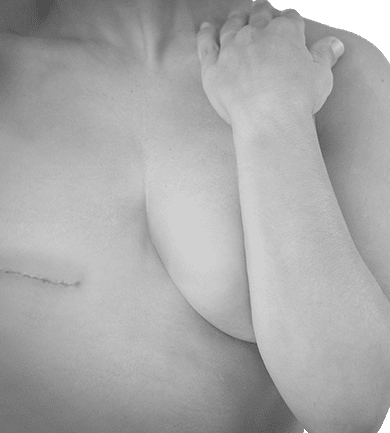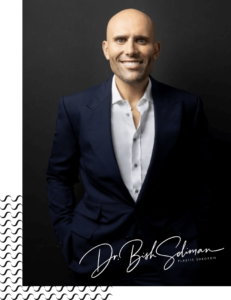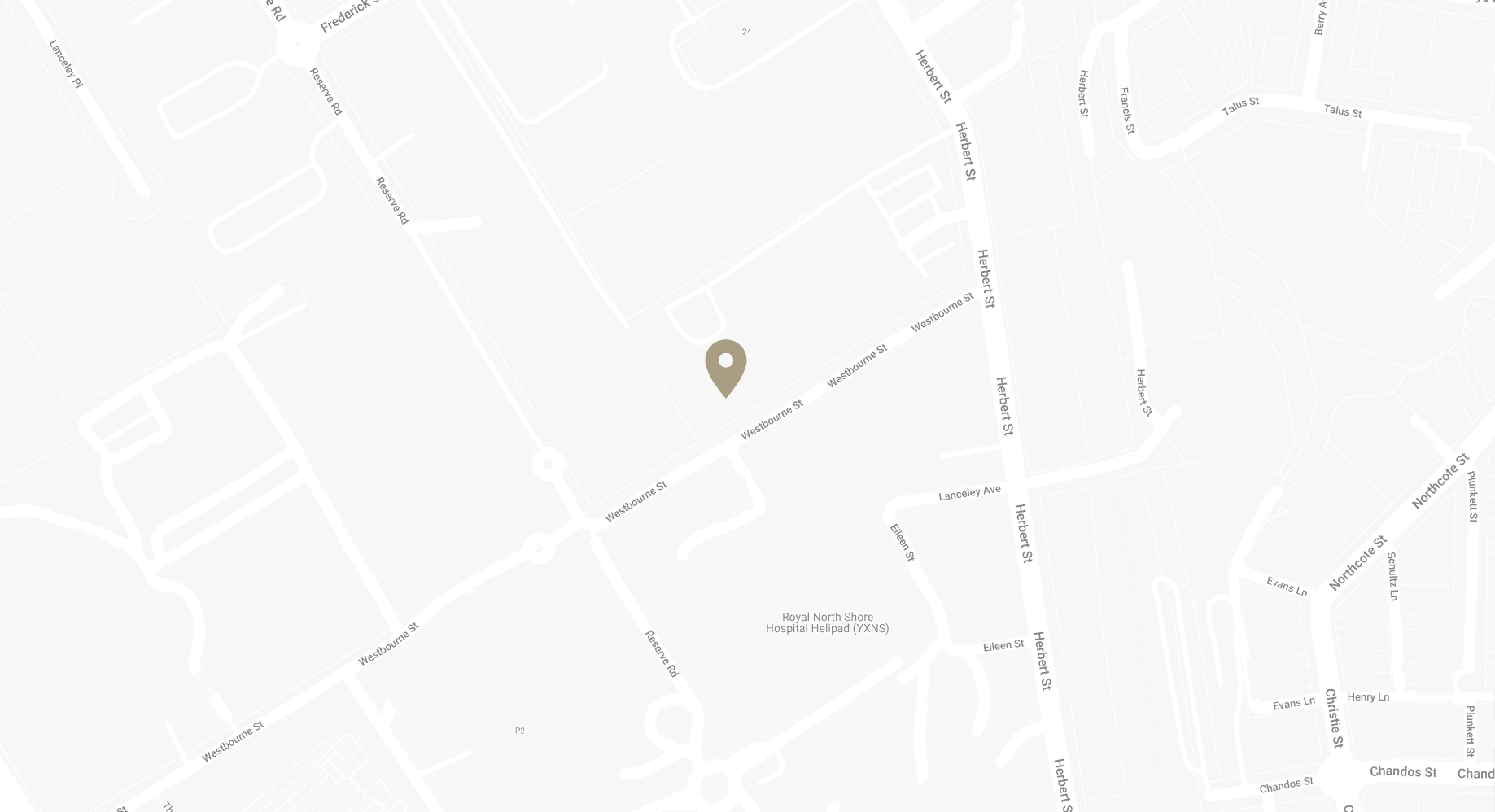A DIEP (Deep Inferior Epigastric Perforator) flap is a type of breast reconstruction that uses a woman’s own abdominal tissue to create a breast post-mastectomy. Dr Bish Soliman will customise the procedure to your particular situation and goals in order to give you a final result suited to your needs and preferences.
What is aDIEP flap?
A DIEP flap refers to the process of removing a piece of skin, fat, and blood vessels from your lower abdominal region (below the belly button) and transplanting it to your chest area to create a breast using delicate microsurgery. The procedure does not interfere with the rectus (abdominal) muscle, and Dr Soliman takes the time to preserve the nerves that supply this muscle. This means that your abdominal strength is maintained.
Breast DIEPThe procedure
During a DIEP reconstruction, your surgeon will take skin and fat from a different area of the body. The most common sources of tissue are the back and the abdomen. The extracted skin and fat will then be transplanted to the chest and sculpted to form a new breast shape.
Breast reconstruction may also involve surgical reconstruction of the nipple. This can include adjustments to the nipple size or position. Additionally, some women may wish to combine their procedures with implants to enhance the volume and achieve the desired shape. The exact surgical techniques used during your reconstruction will depend on your specific circumstances and preferences.
For more information about the procedure and post operative course please download our information sheet.
Also see Dr Bish’s Recovery After Plastic Surgery page and Dr Bish’s Nipple Reconstruction page
Click here for our DIEP information sheet!
Click here for our Laparoscopic DIEP article!
Download Dr Bish Soliman Cosmetic Breast Surgery Guide
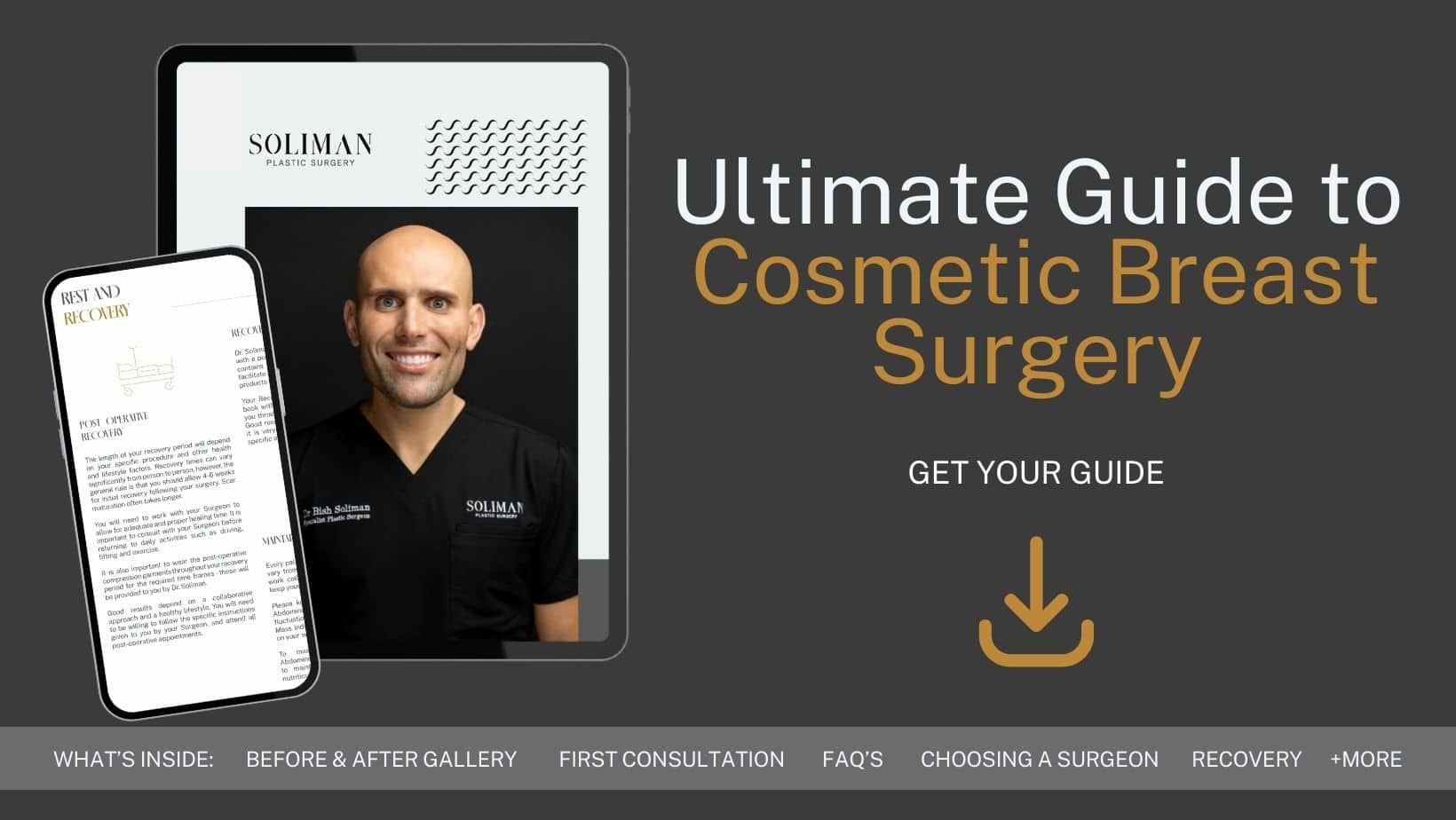
Laparoscopic assisted DIEP flap
Dr Bish Soliman presented a paper at the Royal Australasian College of Surgeons (RACS) 91st Annual Scientific Congress (ASC) at the Adelaide Convention Centre on the 3rd of May 2023. The paper was titled “First Experiences with Laparoscopic Assisted DIEP Flap Reconstruction in Australia”.
The video below contains graphic images
Aftercare
After surgery, your incisions will be bandaged, and you can expect to have some swelling, bruising, and tenderness. You may be prescribed pain medication to help manage any sensitivity after your breast DIEP.
Most patients will need to spend a couple of days in the hospital to be monitored during this beginning stage of recovery. Once you are home, it is important to take enough time to rest and continue your recovery. Personalised at-home care instructions will be prescribed to help you care for your body and encourage optimal healing. For example, you may be advised to avoid smoking and alcohol, minimise movement, and wear specialised compression garments. You may also need to have someone help you with daily tasks and chores around the house, including taking care of children.
Breast DIEPComplications
Any invasive surgical procedure can have risks. DIEP flap specific risks include:
- This rarely happens but it is a serious complication. The nursing staff and Dr Soliman will closely check on the new tissue of the reconstructed breast in the first few days after the operation. If there are any signs of a problem, you may need to go back to the operating theatre to have it checked. About 1 in 100 women who have a DIEP flap may need one of these ‘second checks’. Very rarely, the new tissue in the breast fails and an alternative method of reconstruction is needed.
- Haematoma – A haematoma is a collection of blood inside the body. The risk of this is 2%. If this develops, then you may need to be returned to the operating theatre for evacuation.
- Infection – – Infection is rare. Antibiotics are given at the time of the surgery to reduce the chances of infection occurring.
- Seroma or build-up of fluid – This sometimes happens after the abdominal or breast drains have been removed, but it usually gets better within a few weeks. It occurs in approximately 1 in every 20 women. The fluid can be simply drained using a needle. If the seroma formation is a recurrent problem, then a rare injection of steroid needs to be applied. The seroma or its treatment does not usually have any long-term consequences.
- Lumps in the reconstructed breast (fat necrosis) – – If the blood supply to some of the reconstructed fat is poor, this will form fat necrosis and will be replaced by scar tissue (lump). These lumps may or may not go away with time. Dr Soliman will advise you to massage these lumps and if they don’t resolve they may need to be surgically removed.
- Asymmetry – Most women’s breasts are asymmetrical. With advancing age, the breast also tends to ptose or extend. It is rarely possible to achieve perfect symmetry. Dr Soliman may need to perform secondary minor surgery to help with this
- Abdominal bulge or hernia – Weakness of the abdominal wall after a DIEP flap procedure may produce a bulge. Very rarely, damage to the muscle may produce a hernia that will require additional surgery for correction. This is an extremely rare complication because the abdominal muscle is left intact along with its nerves, which is the great advantage of the DIEP technique compared to the previously used TRAM flap breast reconstruction.
- Hypertrophic/keloid scaring – – Some patients are predisposed to abnormal scarring. Dr Soliman’s aim is to minimise scarring by meticulously closing all wounds and by providing post-operative scar management advice.
Learn More About Dr Bish Soliman
Dr Bish Soliman is a Sydney based Specialist Plastic and Reconstructive Surgeon specialising in complex microsurgical reconstruction including breast reconstruction, aesthetic surgery of the face, breast, and body as well as skin cancer surgery.
